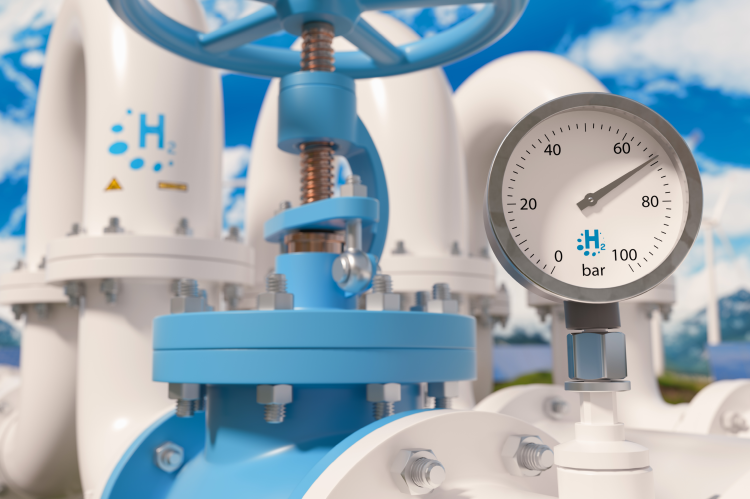3300-km SoutH2 Hydrogen Pipeline Takes a Big Step Forward

A planned 3300-km dedicated hydrogen pipeline between Italy, Austria and Germany dubbed SoutH2 Corridor by the pipeline cognoscenti has been awarded a fast-track permitting process and can get access to European funding from the so-called Connecting Europe Facility. Similarly a carbon capture and storage hub offshore Ravenna known as the Callisto Mediterranean C02 Network has been given fast-track permitting status.
Fast-track permitting denotes a project of common interest at the EU. Any project declared as a project of common interest grants it a priority and strategic status, which means that it is eligible for certain benefits in order to speed up the implementation and commissioning process of the project.
German Chancellor Olaf Scholz is on record saying he is pleased that Italy and Germany have agreed to push ahead with work on the construction of a pipeline to transport gas and hydrogen between the two countries.
"Strengthened cooperation on diversifying energy supply is very important for me. Expanding supply networks in Europe will benefit us all and certainly increase energy security," Scholz said during a recent press conference with Italian Prime Minister Giorgia Meloni.
The corridor will have a capacity of four million tonnes of hydrogen per year, the equivalent of 133.2TWh/year which means that the SoutH2 corridor could provide 40% of the REPowerEU import target. The nation led by Olaf Scholz is betting big on Algeria. Accordingly, the two countries signed a memorandum of understanding at the end of 2022 for the creation of the inaugural hydrogen plant in North Africa. This agreement was signed between Sonatrach, the Algerian state-owned oil company, and the German gas company VNG AG. According to the Algerian authorities, the planned plant will have a production capacity of 50 megawatts (Leal, 2023).
